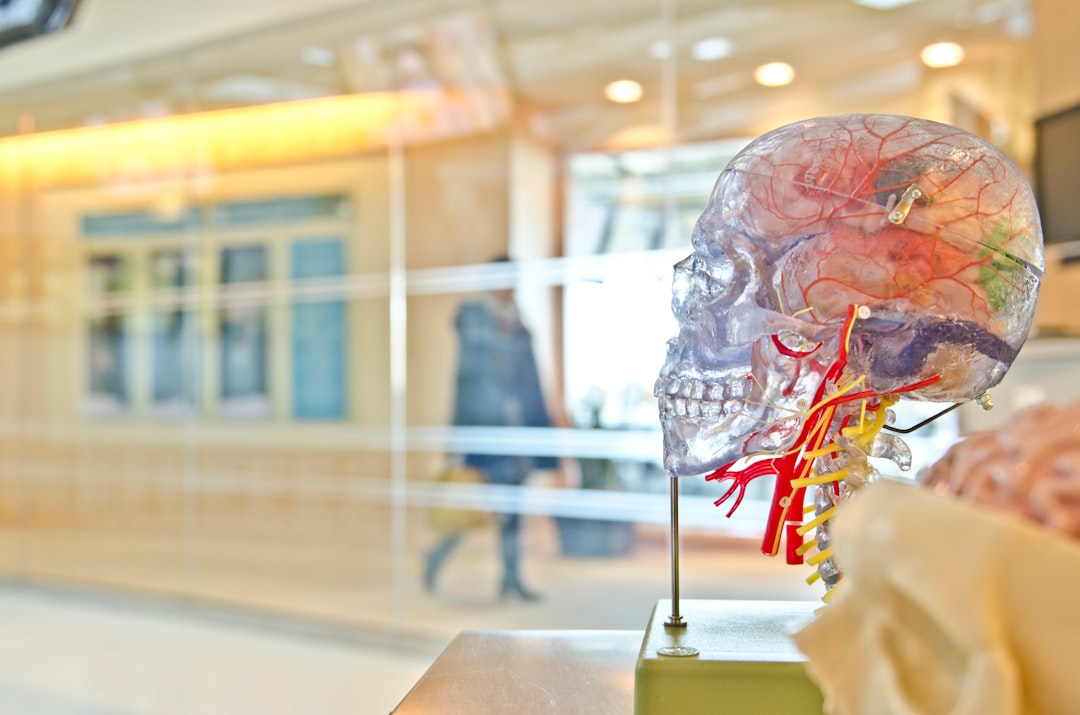By Naomi Berthaut, third year neuroscience
University of Bristol research sheds a new light on treatments for neurodegenerative diseases such as Alzheimer's
Arguably one of the greatest impeding medical issues is the fight against neurodegeneration. With our ageing population, the prevalence of neurodegenerative diseases, such as dementia, is on the rise. The Alzheimer’s Society states that there are currently 850,000 people living with dementia just in the UK and this number is predicted to rise to one million by 2025 and two million by 2051.
Neurodegeneration is a progressive loss in the functioning and structure of neurones, which often results in neuronal death in key areas of the brain. This affects different functions throughout our nervous system, meaning that some of our most important motor and cognitive skills can become impaired. Understanding mechanisms of neurodegeneration and digging into the potential therapies for protecting neurones from decaying has become a major focus of research.
The trend in research has so far been to focus mainly on neurones themselves as drug targets for their own protection, but scientists are seeing an increasing potential in targeting other brain cells for therapies.
Photo by jesse orrico / Unsplash
The brain is made up of many types of cells that can be broadly divided into two categories: neurones and support cells, known as glial cells. Astrocytes are star-shaped glial cells that offer mechanical support to neurones, help transport of chemicals and contribute to the immune defence in the brain. On top of all these numerous roles, a potential role for astrocytes as protectors is now being unveiled. Researchers from Bristol University’s School of Physiology, Pharmacology and Neuroscience have made an interesting contribution to the field by further uncovering the role these support cells have in preventing neurodegeneration.
A recent study led by Professor Sergey Kasparov and Dr Anja Teschemacher in the University of Bristol’s School of Physiology, Pharmacology and Neuroscience, revealed that astrocytes express specific receptors that are activated by a molecule naturally present in the brain, called prosaposin. Upon receptor activation, astrocytes were found to be more mobile. They were also found to protect themselves as well as protecting neighbouring neurones against harmful chemical reactions that can lead to neurone degradation. When the receptors were suppressed, the protective functions of astrocytes were diminished, and these cells were less able to save neurones from damage.
Photo by Zoltan Tasi / Unsplash
The authors of the study stated: "Academia and industry have been trying to find effective therapies against dementia and neurodegenerative diseases for decades, but progress been painstakingly slow. This might be because most of the proposed strategies are trying to directly target neurons to achieve a therapeutic benefit.”
The research, published in the journal GLIA, successfully identified the natural molecule prosaposin as an activator of receptors on astrocytes, triggering a pathway for neuroprotection. These promising findings could pave the way for exploring new drug treatments against neurodegeneration. Designing small molecules targeting the same receptors could help mobilise astrocytes to protect the brain in conditions where neurones are degrading. The study by Bristol scientists gives hope for the prevention of symptoms such as cognitive and motor decline appearing in a vast number of neurodegenerative diseases.
Featured image: Unsplash / Zoltan Tasi










